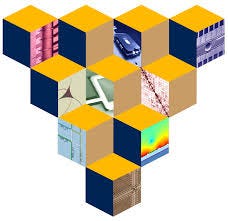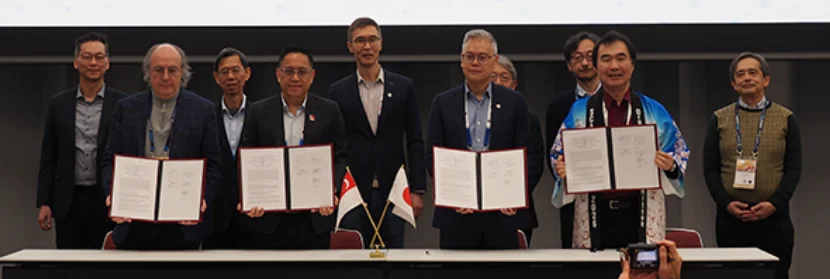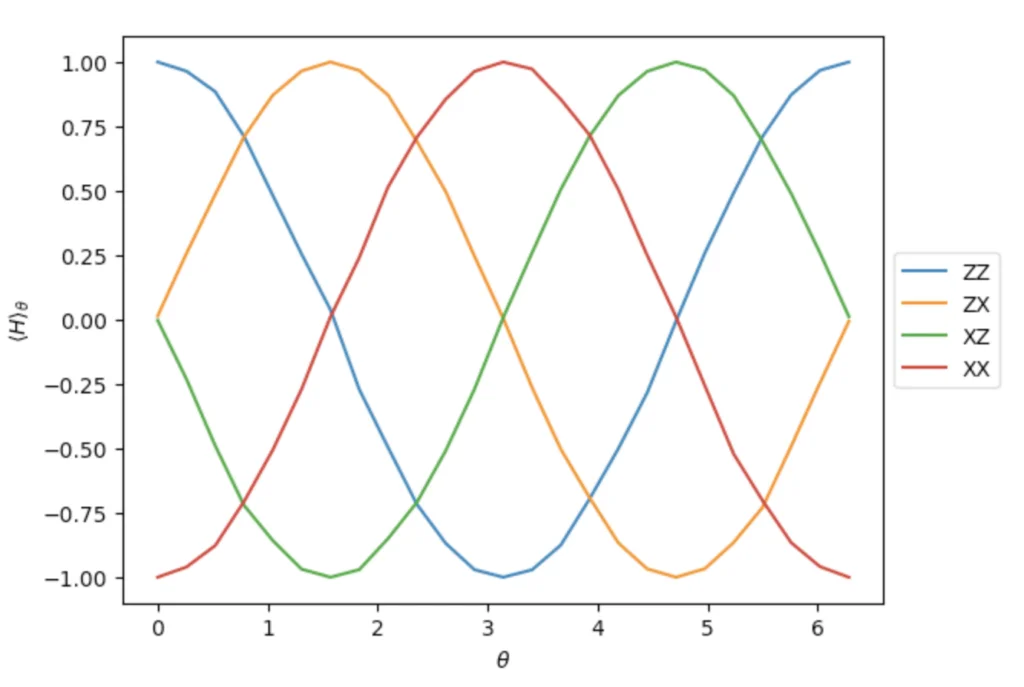
The Magnificent Eight
Of the over fifty (last count) U.S universities currently with quantum computing programs collated from TQD dataset, geographically speaking most are represented by institutes from the north and west of the country. This is not to say the south is a weak link in research, but it does seem under-represented.
Only North Carolina’s pair of Duke University (Quantum Information and Computation at Duke University) and North Carolina State University (IBM Q Hub at NC State), the Magnolia State’s representatives Louisiana State University (Quantum Science and Technologies Group) and Tulane University (Tulane Quantum Information and Nonlinear Optics Group), the Lone Star State’s duo of Texas A&M (Computational and Data-Intensive Physics Group) and the University of Texas at Austin (Quantum Information Center) and Virginia Tech (Department of Physics) have initiatives in quantum information science going on. One — the University of Texas at Austin Quantum Information Center, led by quantum Svengali Scott Aaronson — even has a big reputation in the industry.

That’s seven universities — no, make that eight with Georgia Tech’s Quantum Systems Group. Part of the university’s Cybersecurity, Information Protection, and Hardware Evaluation Research Lab, it is led by director Alexa Harter.

“Our goal is to develop systems that can be used to advance fundamental research in quantum information science and to develop novel devices based on quantum technologies.”
— The Quantum Systems Group
The Quantum Systems Group
The group has several of what it calls ‘research thrusts’, where the group investigates ‘the physics of trapped ions, developing microfabricated ion traps, modelling quantum architectures, and developing atom-based sensors’. This goes hand-in-hand with their work in quantum information science (QIS), developing quantum information systems and viable devices.
As well as the development in the technical applications of QIS, the group has published over twenty cutting-edge research papers stretching back a decade. The latest one, published last year and entitled Single-ion addressing via trap potential modulation in global optical fields by Christopher M. Seck et al, gives clues to the direction the group’s quantum research is heading: trapped-ion quantum information processing.
Like their industry counterparts IonQ based in Maryland, Georgia Tech’s Quantum Systems Group obviously believe atoms make better quantum computers.
And maybe they do. Or not. For the jury is still out on them, with critics of the approach adamant there are issues of qubit scaling compared to superconducting technologies.
Which comes to our next thing:
Whatever the group does from here on out will be greatly helped by its membership of the IBM Q Hub at the Oak Ridge National Laboratory, which it did at beginning of 2020. With IBM’s cloud access, Georgia Tech and its research scientists can continue more deeply in their crusade to find viable use cases for quantum information science.

All choices, right or wrong, will be made by the group’s leader, Alexa Harter, director of the Cybersecurity, Information Protection, and Hardware Evaluation Research (CIPHER) Laboratory. With more than fifty scientific papers to her name, she has been in charge since 2016. At Georgia Tech for nearly two decades — mostly in the capacity of a research scientist — she has a Ph.D. in physics from Caltech, the place quantum god Richard Feynman taught for nearly forty years. Let’s hope his esteemed mojo rubs off on her to take Georgia Tech’s destiny in quantum information science to the next level.
For more market insights, check out our latest quantum computing news here.















